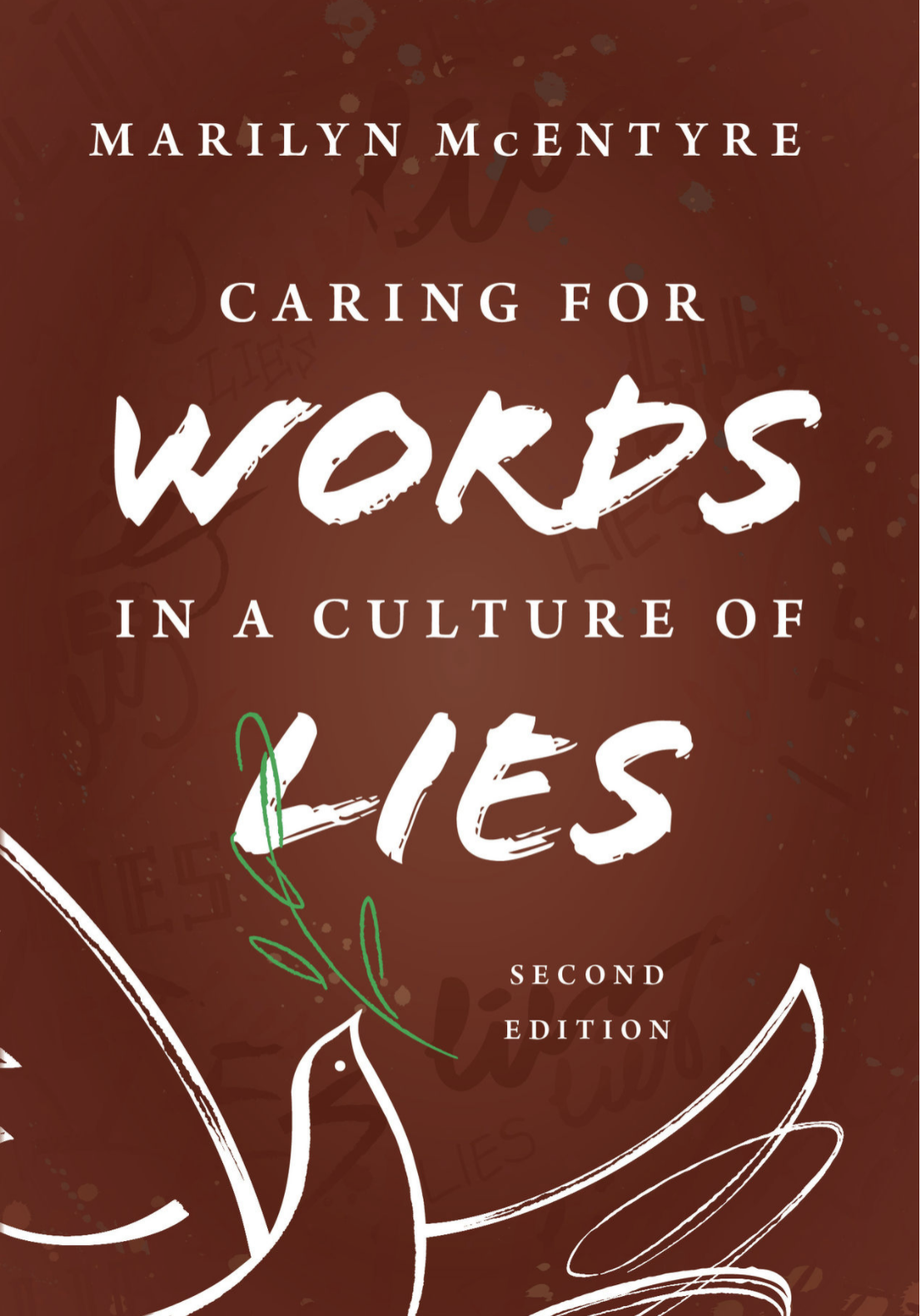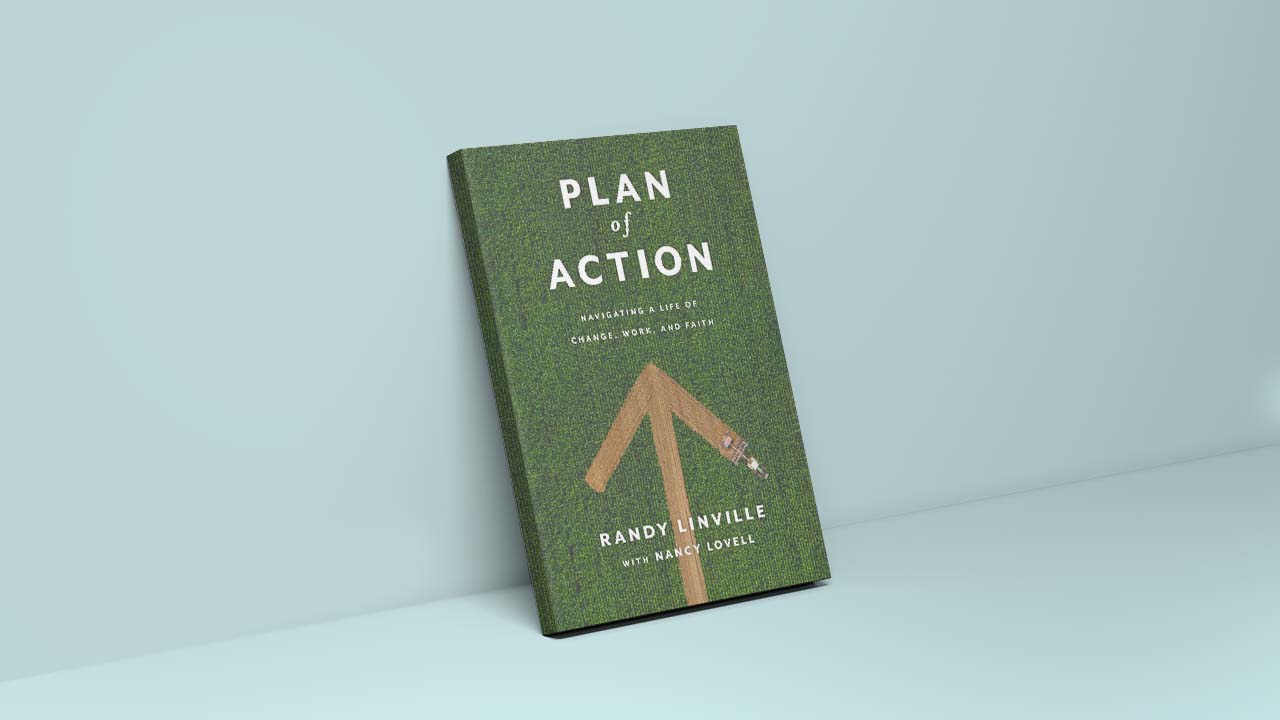
If you know only one of Marilyn McEntyre’s books, it’s likely Caring for Words in a Culture of Lies. It’s already a classic, and here’s why: She points toward the wider effects of language erosion and reminds us of what we all really want: to know and be known. One of the most tangible ways to do that is to give attention to the words we use. In May, she published a second edition of her classic, and we talked about it.
Why should we care about words?
Because the words we put out into the world change it. They change the feeling of a conversation. They call others’ attention to what matters. They can surprise others, and sometimes ourselves, into imagining what matters in new ways and change our behaviors. Whether we call a situation a “train wreck,” for instance, or a “significant challenge” makes a big difference. It makes a difference whether we use the term “elders” or “old people” or “the aged” — all acceptable in different contexts, but they have different effects. It makes a difference whether we call money budgeted to alleviate poverty “a handout” or “their fair share.” Words can awaken memories, personal and cultural. They carry biblical echoes, or resonances from Shakespeare or Star Wars.
We often discuss words in violent terms — war of words, defeating an argument. Conversely, you evoke something different, almost agricultural, with the term care.
There are so many ways to enter into conversation besides argument. There’s nothing wrong with vigorous debate, but conversation also needs to be exploratory. We need to exchange stories. We need words that offer authentic comfort in hard times. We need words that help us distinguish love from infatuation, courage from rashness, faith from religiosity, and so on. We need words that call our attention to subtleties that might escape our notice if they weren’t named. And we need to foster and practice ways of talking with one another that enable us not to drown in the tide of drivel, commercialized hype, sentimental cliche, or propaganda that is more incessant than ever.
What’s one thing people can (should) start doing today?
Pick a word a day, starting, perhaps with a verb you like: “embrace” or “insinuate” or “amplify” or “attune” just to name a few random examples. Consider why you like it, what it brings up, when you reach for it, and so on. Use it in conversation. Write a sentence using it. See what happens. Be specific, avoid abstractions, choose precise, lively verbs. Those practices seem to me to be life-giving, reliable, and surprising.





